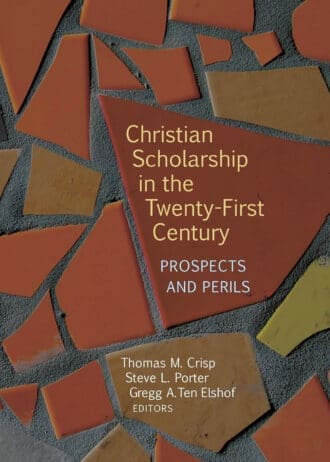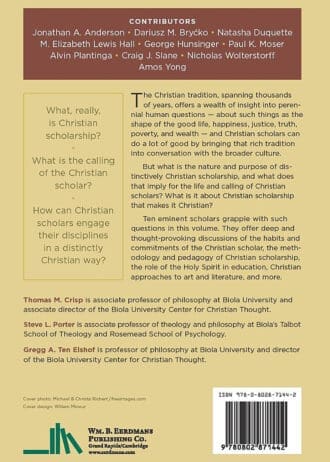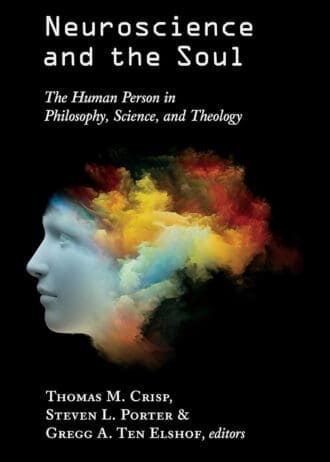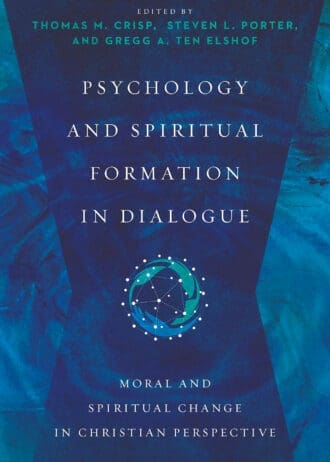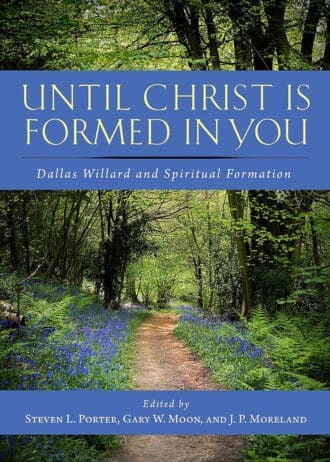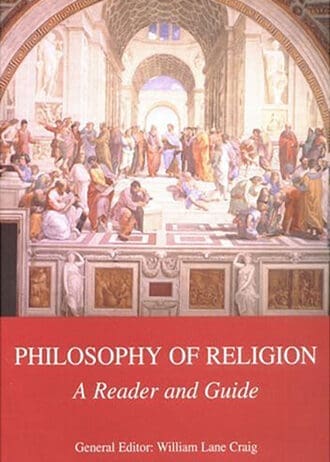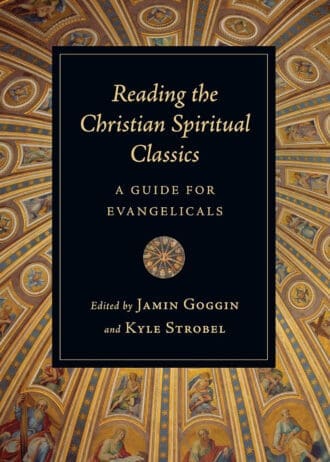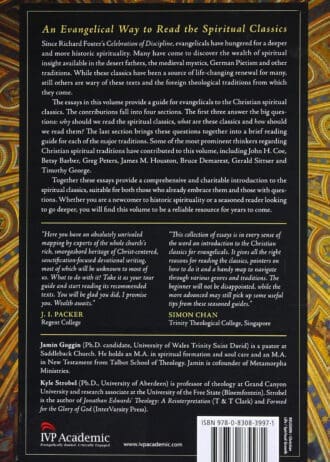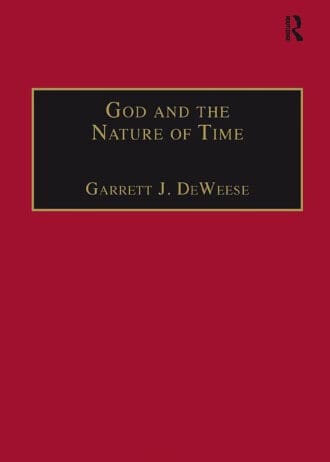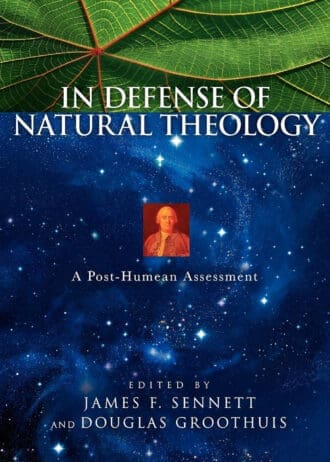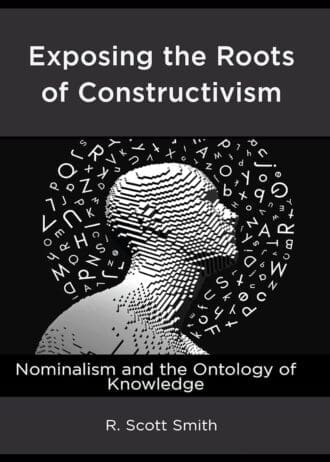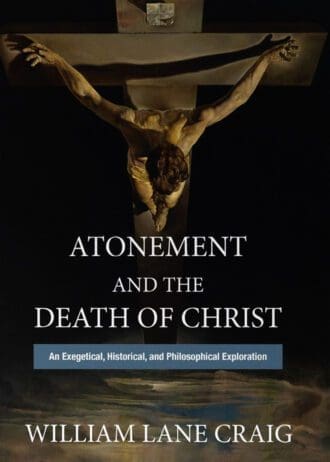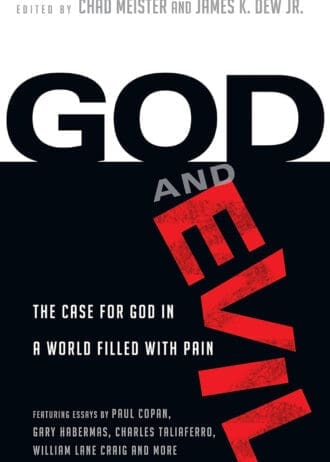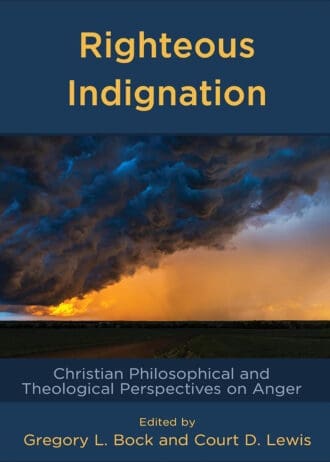Foundationalism, as a theory of justification and knowledge, is often associated with Enlightenment rationality, the Cartesian thirst for certainty, and the modern assumption of the objectivity and universality of reason. Because of these associations, scholars in various fields have disdained foundationalism in favor of some sort of non-foundationalist/post-modern approach to knowledge and justification. This present book is one piece of a much wider conversation that hopes to motivate a renewed look at foundationalism. Of course, the foundationalism on offer has settled down quite a bit from its surly forbears. This more mild-mannered foundationalism suggests that our beliefs about reality can be held with confidence and yet these beliefs remain open to criticism and revision. It is this type of epistemology that provides a constructive basis for investigation and research while nevertheless encouraging a cognitive humility about our claims to possess truth.
Christian Scholarship in the Twenty-First Century: Prospects and Perils
The Christian tradition provides a wealth of insight into perennial human questions about the shape of the good life, human happiness, virtue, justice, wealth and poverty, spiritual growth, and much else besides — and Christian scholars can do great good by bringing that rich tradition into conversation with the broader culture. But what is the nature and purpose of distinctively Christian scholarship, and what does that imply for the life and calling of the Christian scholar? What is it about Christian scholarship that makes it Christian? Ten eminent scholars grapple with such questions in this volume. They offer deep and thought-provoking discussions of the habits and commitments of the Christian scholar, the methodology and pedagogy of Christian scholarship, the role of the Holy Spirit in education, Christian approaches to art and literature, and more.


